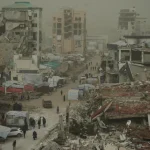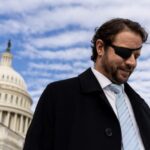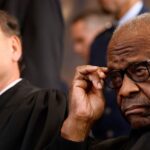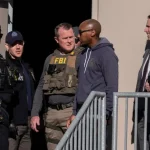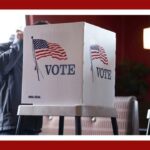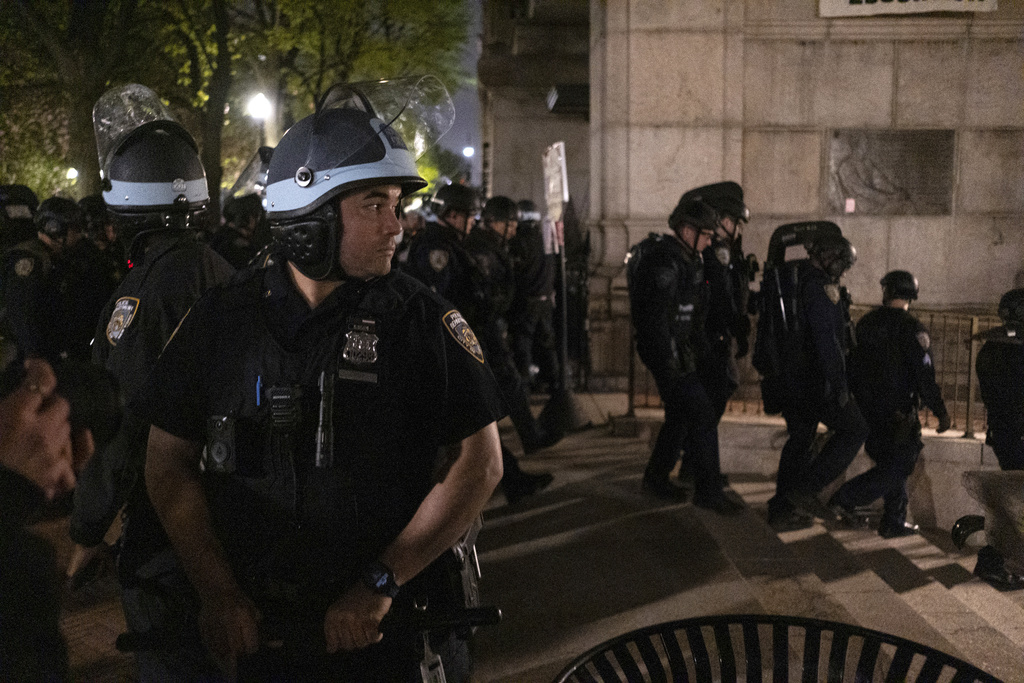
Columbia University President Minouche Shafik admitted on Friday that protesters who illegally occupied Hamilton Hall “crossed a new line.”
Days after New York Police Department officers cleared the hall, Shafik addressed the chaos that has unfolded on her campus in a video on Friday.
She described the past two weeks as being “among the most difficult in Columbia’s history.” But, when Hamilton Hall was broken into, Shafik stated that “protesters crossed a new line”
“It was a violent act that put our students at risk, as well as putting the protesters at risk,” Shafik said. “I walked through the building and saw the damage, which was distressing.”

The night of the raid, officers arrested 100 anti-Israel protesters both inside the hall and around campus. The university’s decision to call riot police into Hamilton Hall has garnered scrutiny as the school’s chapter of the American Association of University Professors called it a “horrific police attack” on students. But according to Mayor Eric Adams, 40% of the protesters arrested at Columbia and City College that night “were not from the school, and they were outsiders.” So far, 280 protesters have been arrested on Columbia’s campus.
Shafik notes that for eight days and nights, university leaders had engaged in talks with the protesters and had made a “good and sincere offer, but it was not accepted.”
Shafik’s video comes a day after a school faculty association called for a vote of no confidence for Shafik.
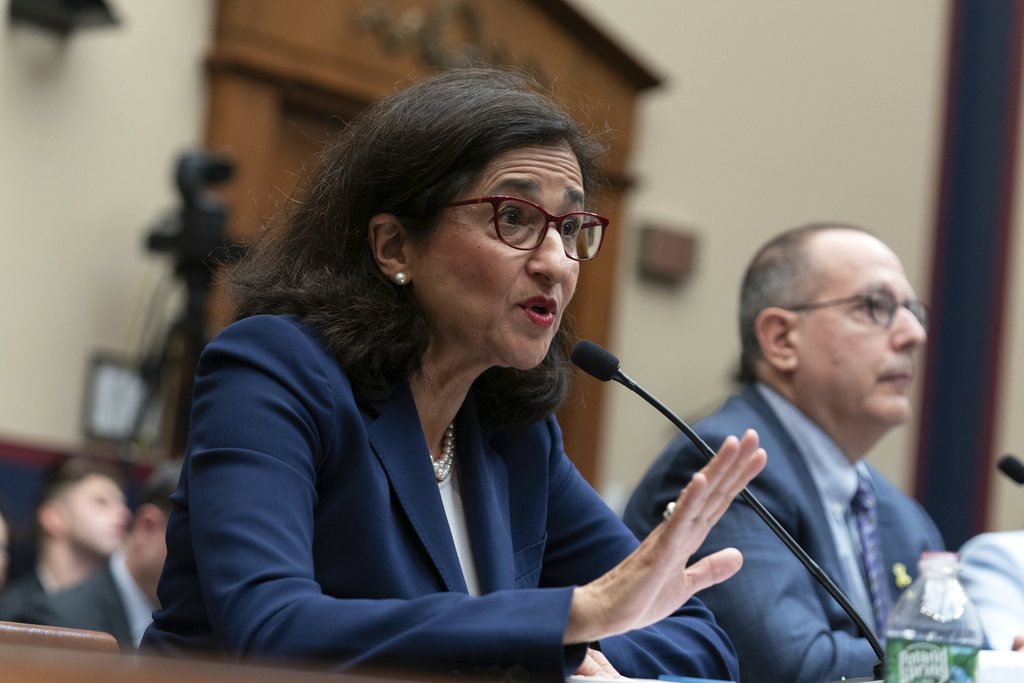
“From the beginning of the current crisis, the Shafik administration has consistently failed to respect student and faculty rights to free speech, academic freedom, and shared governance,” the Columbia University Chapter of the American Association of University Professors wrote in a statement.
However, Shafik remains optimistic that through collaboration, they can “rebuild community” at Columbia.
CLICK HERE TO READ MORE FROM THE WASHINGTON EXAMINER
“The issues that are challenging us — the Palestinian-Israeli conflict, antisemitism, and anti-Arab and anti-Muslim bias — have existed for a long time,” Shafik said. “And Columbia, despite being a remarkable institution, cannot solve them singlehandedly. What we can do is be an exemplar of a better world, where people who disagree do so civilly, recognize each other’s humanity, and show empathy and compassion for one another.”
Protests either calling for a ceasefire in Gaza or calling on universities to divest in Israel have spread across over 30 campuses nationwide.
